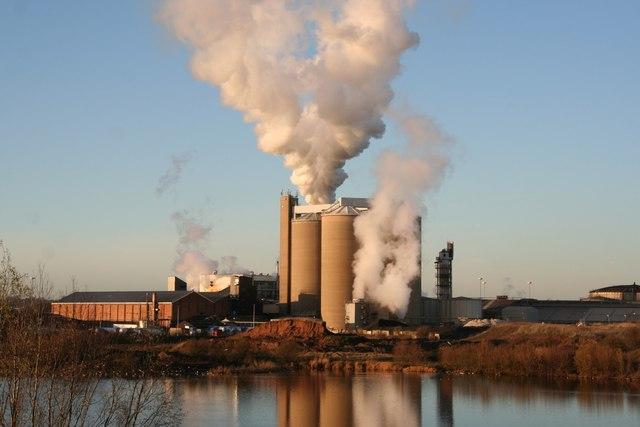In an American Lung Association report released Tuesday that graded the quality of Wisconsin’s air, many Wisconsin counties received an F, including Dane County.
Dane County received the grade of F for its ozone pollution levels and a B for its particle pollutions levels.
Elizabeth Ward, program coordinator for the Wisconsin John Muir Chapter of the Sierra Club, an environmental advocacy organization, said coal plants and car emissions, among other pollutants, cause both types of pollution.
Ward said the reason there was a difference in rating for ozone pollution and particle pollution levels could be because ozone spreads further than particle pollutants, but she said there is no way to tell for sure.
James Schauer, University of Wisconsin civil and environmental engineering professor, said Wisconsin needs to focus on reducing carbon emissions to make the air cleaner.
In areas where there are more coal factories, or heavier traffic, there is a correlation of low air quality, Ward said. Milwaukee, a high traffic area with lots of factories, Ward said, also received an F grade for ozone levels.
Ward said Wisconsinites need to focus on finding alternatives to driving. She said it’s also important to start moving beyond coal and relying on cleaner sources of energy.
Cleaning up Wisconsin’s air is not only important to help stop climate change, but also for public health, Ward said. People with severe asthma or allergies sometimes can’t even go outside if the pollution is too pervasive, Ward said. Air pollution is damaging to the lungs and can cause cardiovascular diseases, she added.
“It is the climate change impacts, but it’s so much more than that,” Ward said. “It’s also the health impacts and the adverse impacts on the communities who live really close to these coal plants throughout Wisconsin.”
Though the report seems to paint a grim picture for the quality of Wisconsin’s air, Ward said Wisconsin has been making progress in improving air quality. She said Wisconsin has made a lot of gains from moving away from coal fired power plants and using more efficient vehicles.
Even so, Ward said, Wisconsin has a long way to go.
“Our air quality has been improving but it’s certainly, as proven by the report, not where it needs to be,” Ward said.


